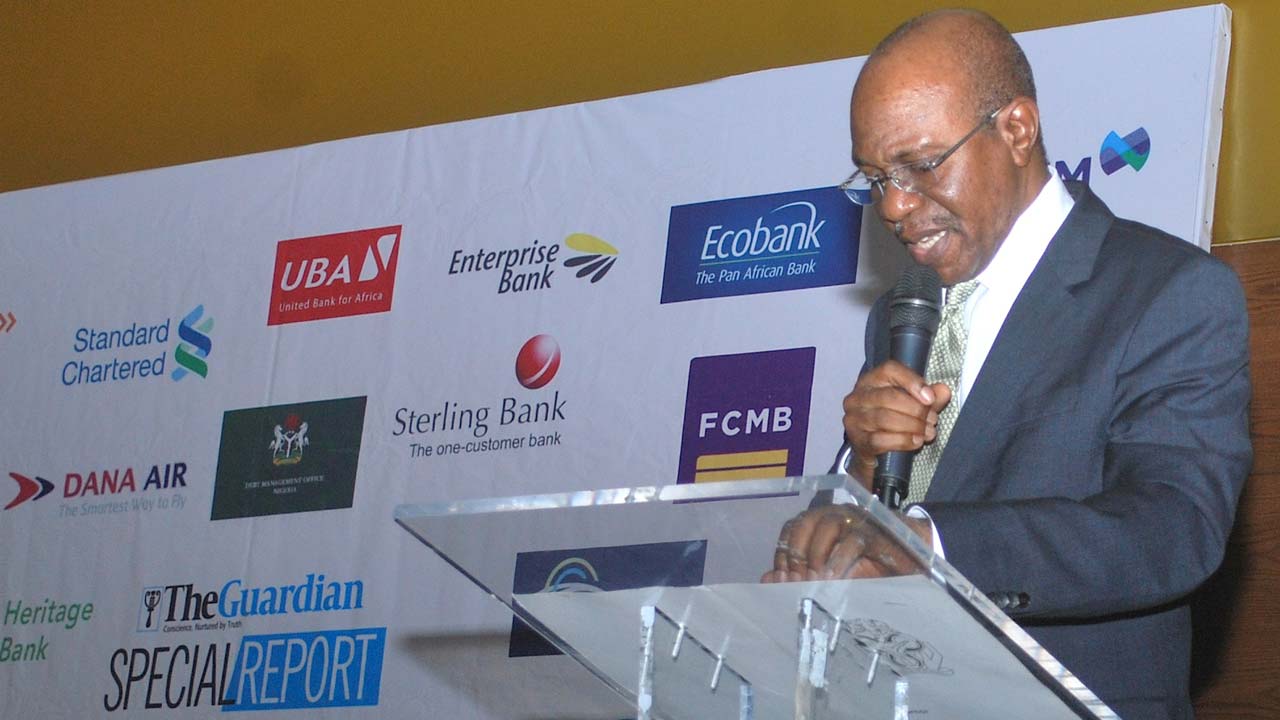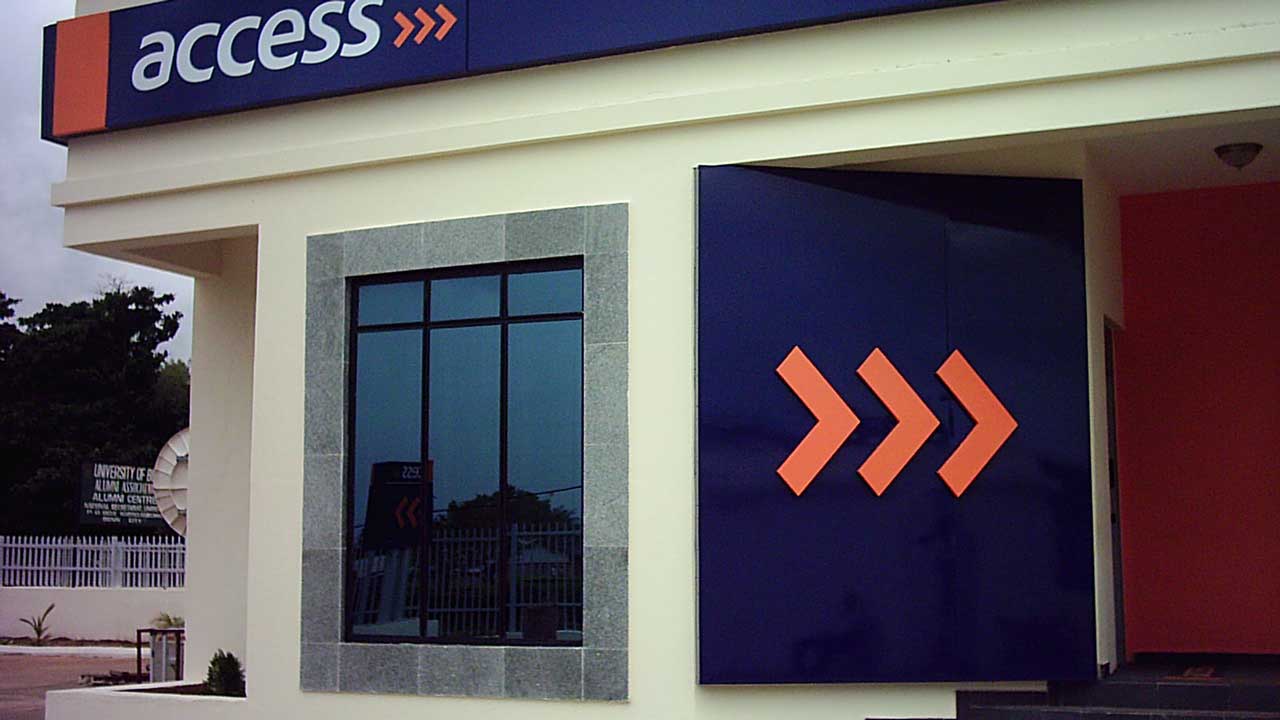A new report released by the Global Financial Integrity (GFI), has revealed that two leading sub-Saharan economies, South Africa and Nigeria are now leading other African countries in losing several billion dollars to illicit financial flows (IFFs) through trade misinvoicing with both developing and developed countries.
Whereas estimates of losses through trade misinvoicing for both imports and exports amount for South Africa amount to $10.2bn, Nigeria losses $8.3bn within the period under review.
GFI said the latest in a series of reports that it issued on a roughly annual basis provides country-level estimates of the IFFs of money into and out of 148 developing countries and emerging market nations as result of their trade in goods with advanced economies, as classified by the International Monetary Fund (IMF).
The GFI indicates that such flows – referred to as illicit financial flows (IFFs) are estimated over the years from 2006 to 2015, the most recent ten year period for which comprehensive data are available.
It further notes that this underscores the point that trade-related IFFs appear to be both significant and persistent features of developing country trade with advanced economies.
The report noted that “As such, trade misinvoicing remains an obstacle to achieving sustainable and equitable growth in the developing world”.
For example, the report disclosed that Ghana lost $758 million in import over-invoicing, $722 million to import under-invoicing, $117 million to export over-invoicing, $1.6 billion to export under-invoicing.
However, on how a country can deal with issues relating to IFFs, Tom Cardamone, Managing Director at the GFI said “One way to address the most serious problem ($1.6 billion under-invoicing exports) would be for the Central Bank to implement GFI’s trade risk-assessment database called GFTrade – which can help the Bank identify when exports have been under-invoiced which results in a loss of hard currency into an economy.”
GFI defines IFFs as “money that is illegally earned, used or moved and which crosses an international border.” Currently, the World Bank, IMF, UN, and the OECD use a similar definition, it notes.
Additional details of the report showed that the top quintile (30) of countries, ranked by dollar value of illicit outflows, includes resource rich countries such as South Africa ($10.2 billion) and Nigeria ($8.3) but also European countries including Turkey ($8.4 billion), Hungary ($6.5 billion) and Poland ($3.1 billion) as well as Latin American nations Mexico ($42.9 billion), Brazil ($12.2 billion), Colombia ($7.4 billion) and Chile ($4.1 billion). Asian states in the top 30 countries of this category include Malaysia ($33.7 billion), India ($9.8 billion), Bangladesh ($5.9 billion) and the Philippines ($5.1 billion).
GTI also averred that the top quintile (30) of countries, ranked by illicit outflows as a percentage of total trade with advanced economies, produces an entirely different group of countries including Mozambique (48.1%), Malawi (44.1 per cent), Zambia (43 per cent), Honduras (39.7 per cent), Namibia (38.7 per cent) and Myanmar (30.8 per cent).
The list of top 30 countries ranked by dollar value of illicit inflows (Note: illicit inflows are a type of resource curse in that a) their origin is unknown, b) inflows are invisible to governments, c) they are not taxed, and d) they often times fuel illegal activities such as drug trafficking) include a regionally diverse group including Vietnam ($22.5 billion), Thailand ($20.9 billion), and Indonesia ($15.4 billion) as well as Latin American nations Panama ($18.3 billion) and Argentina ($4.8 billion). Additional countries include Kazakhstan ($16.5 billion), Belarus ($6.1 billion) and Morocco ($3.9 billion), the GTI added.
Only Wednesday, the Nigerian Bureau of Statistics (NBS) released data on capital importation for Q4-18 and 2018FY, showing that capital flows into the Nigerian economy dipped for the fourth straight quarter in Q4-18, but expanded over 2018FY relative the prior year’s reading. Pointedly, the total flows of USD2.14 billion achieved over the quarter is USD715 million and USD3.24 billion lower q/q and y/y, respectively. However, the 2018FY print painted a rosier picture, with the Bureau reporting a whopping USD16.8 billion over 2018, USD4.6 billion higher relative to the total flows recorded in the corresponding period of last year.








